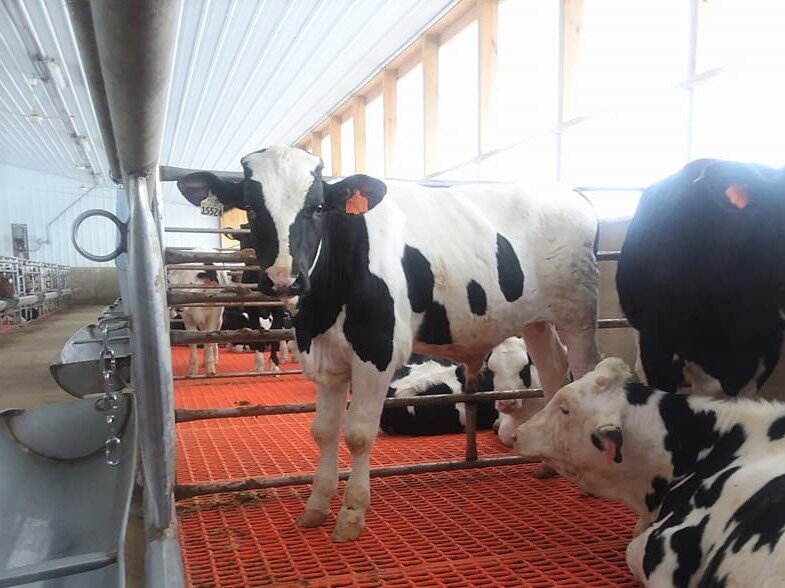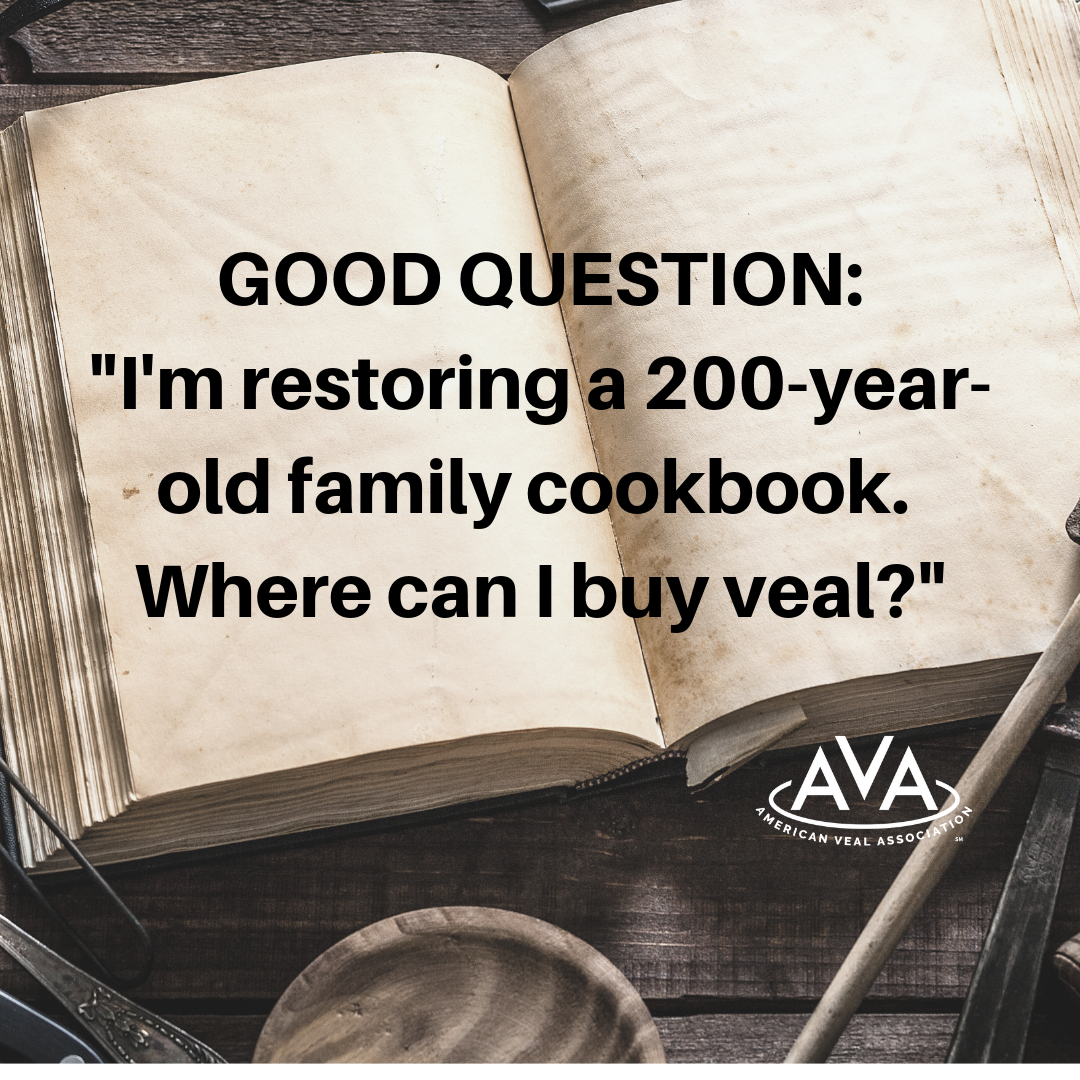The American Veal Association (AVA) has completed its first-ever Life Cycle Assessment (LCA) of the U.S. milk-fed veal industry. This LCA was developed with the goal of estimating the efficiency of converting resources like energy, fuel and feed into veal. The study found farms had an environmental impact of 2.88 kg of greenhouse gas (GHG) emissions per kg of veal when studied from cradle-to-gate.
“We’re very pleased with the results demonstrated in the LCA. While the methodology of other studies can vary, our report provides indication that veal is in line with other meats like pork and chicken,” said Sonia Arnold, Ph.D., AVA president. “Our membership is committed to producing safe, healthy, nutritious protein in a responsible and sustainable manner. The findings in this report confirm that we are on the right path to achieving this goal.”
As part of the study, Eocene Environmental Group (formerly Sustainable Environmental Consultants) conducted boots-on-the-ground data collection on farms in Pennsylvania, Indiana and New York. Operations studied varied in size, location, technology, manure practices and operational practices. Typical U.S. veal farms are family farms raising on average about 200 calves per production cycle with an average of 2.5 production cycles per year. In some areas of the country, it is very common to see Amish and Mennonite farm families raising veal. Milk-fed veal farms are primarily located in Pennsylvania, New York, Ohio, Indiana, Michigan and Wisconsin.
Data collection took place in 2023 and 2024 and focused on cradle-to-gate emissions. This means information gathered for the study was collected from the time the animal was born to the time it left the farm for harvesting and processing.
Important study findings include:
The largest source of cradle-to-gate GHG emissions was from purchased feed (29%).
Emissions from fuels represented the second greatest source of GHG emissions (21%). Inputs included combustibles (wood and coal), gasoline, diesel, natural gas and propane.
Manure management was the third highest contributor of GHG emissions (15%).
Soil-based nitrous oxide (N₂O) emissions and emissions related to the production of agricultural inputs collectively contributed 12% to the GHG footprint.
Shipping was the fifth largest contributor of emissions (8%). Shipping included shipping feed to the farm as well as calves being transported to market.
Tied with shipping, enteric fermentation contributed 8%. Enteric fermentation emissions are the result of natural digestive processes that occur within digestive systems of ruminant animals. However, as veal calves develop their rumen and rumination activities over time, methane production is less than that of an adult bovine.
It should be noted that the study also found soils were sequestering more carbon than what were being emitted. This in turn helped bring down the overall environmental impact by 17%.
Results of the study have been shared with the AVA membership to help them explore areas of improvement for the future.
“The insight of this first-ever LCA serves as a crucial baseline for driving future improvements,” Arnold continued. “This quantifiable baseline provides our members something to build upon in their commitment to continuous improvement.”
Animal wellbeing is one of those areas where the industry has made significant improvements over the past 25 years. Healthy calves raised in group housing are a priority on our U.S. farms. AVA member companies and veal farmers fully embrace and implement the expectations of the Veal Quality Assurance (VQA) program. Technically reviewed and updated in 2024, VQA provides science-based standards for raising healthy calves based on the Five Domains of Animal Welfare. VQA certification is validated by licensed veterinarians, managed by the Meat Institute, and funded by the Beef Checkoff.
Completing the LCA signals completion of a goal outlined in the AVA’s Ethical Commitments. Updated in 2023, the Ethical Commitments have a section focused on the Environment with a target to complete an LCA by 2025.
The American Veal Association is a member-driven organization that represents businesses and individuals engaged in the milk-fed veal industry. Our policies are driven by the values and beliefs of our members which are best summarized in AVA’s Ethical Commitments.
Businesses or individuals engaged in the milk-fed veal industry are invited to get involved through membership in the AVA.














